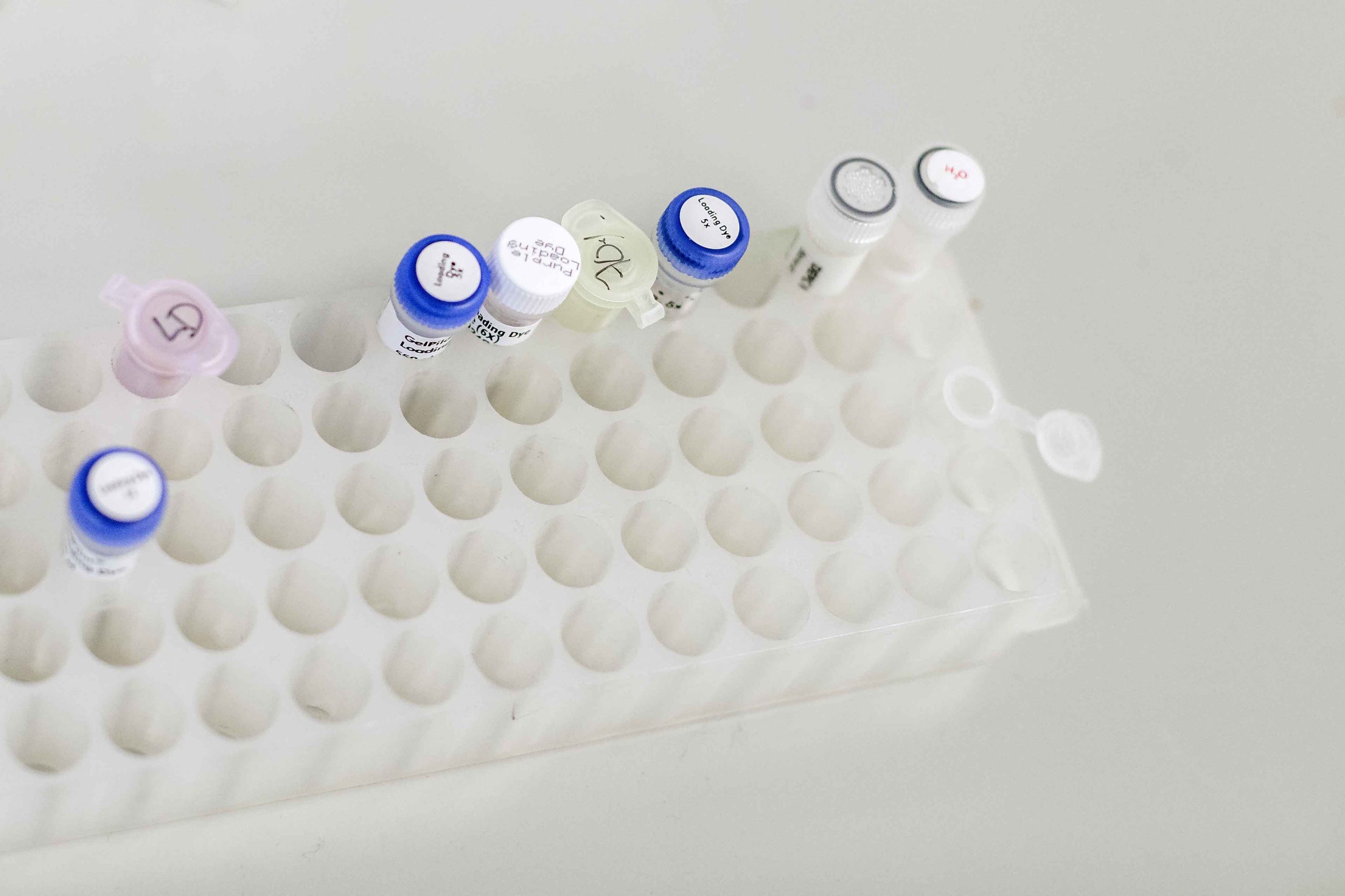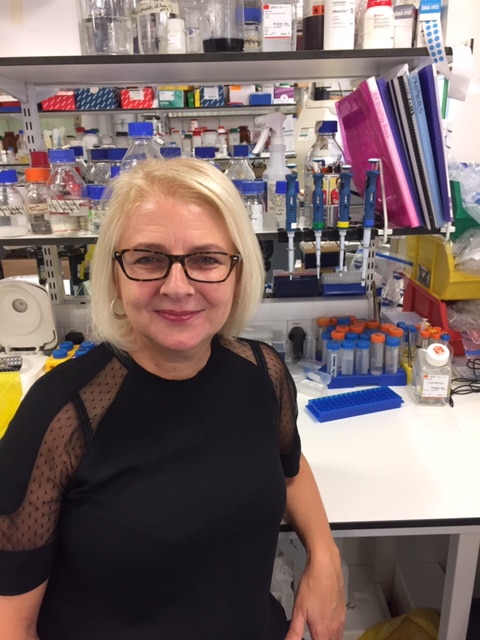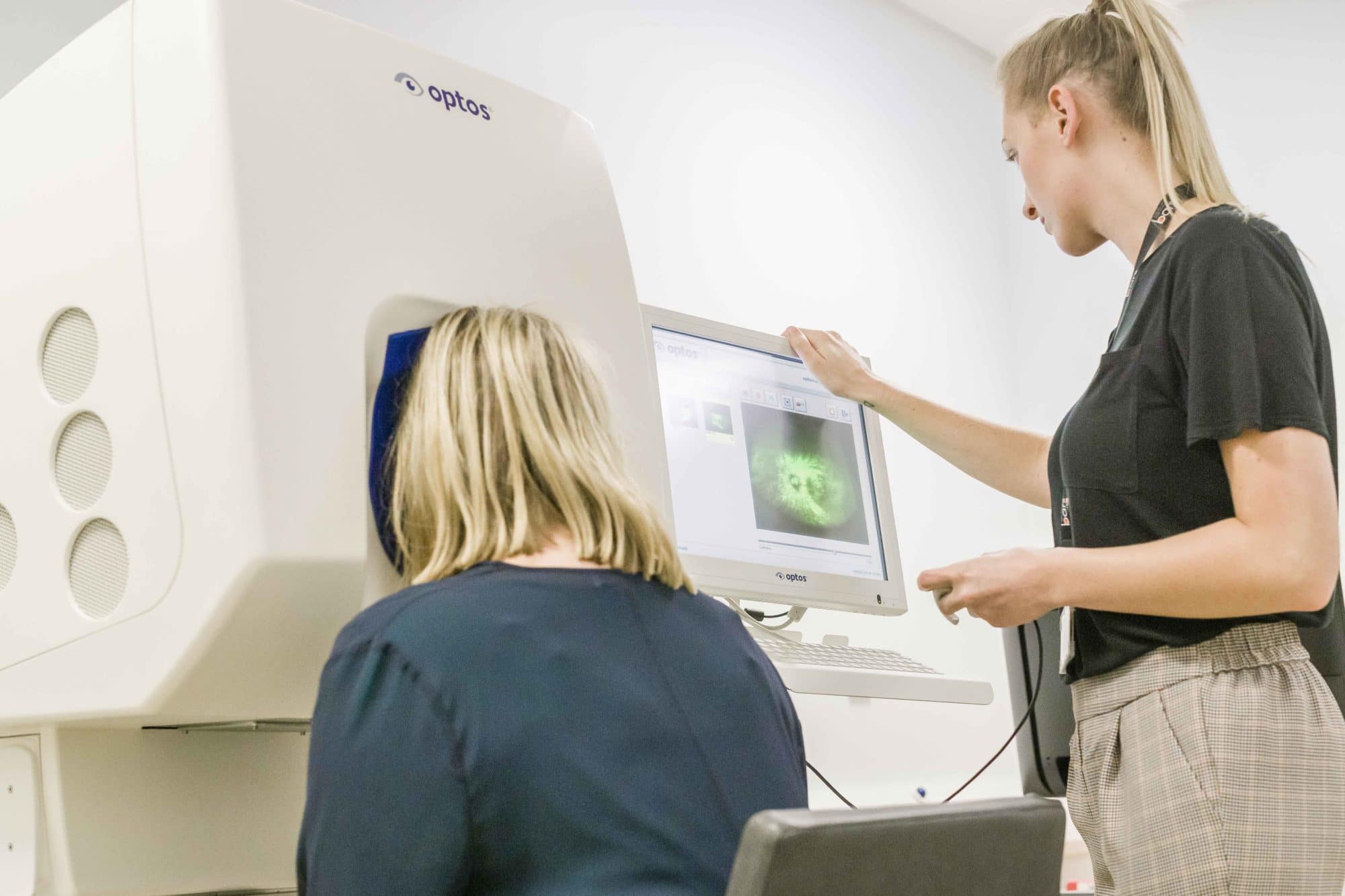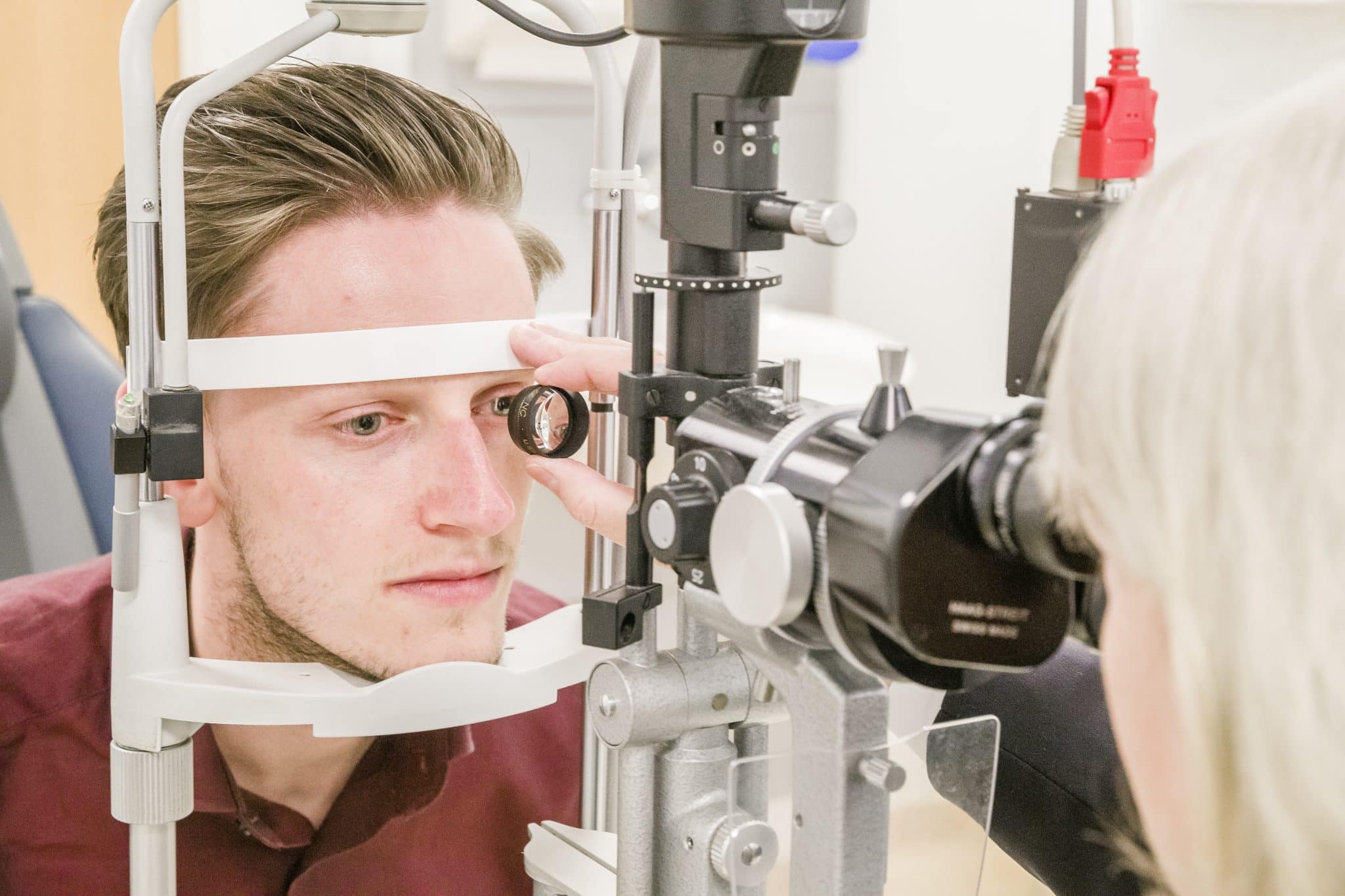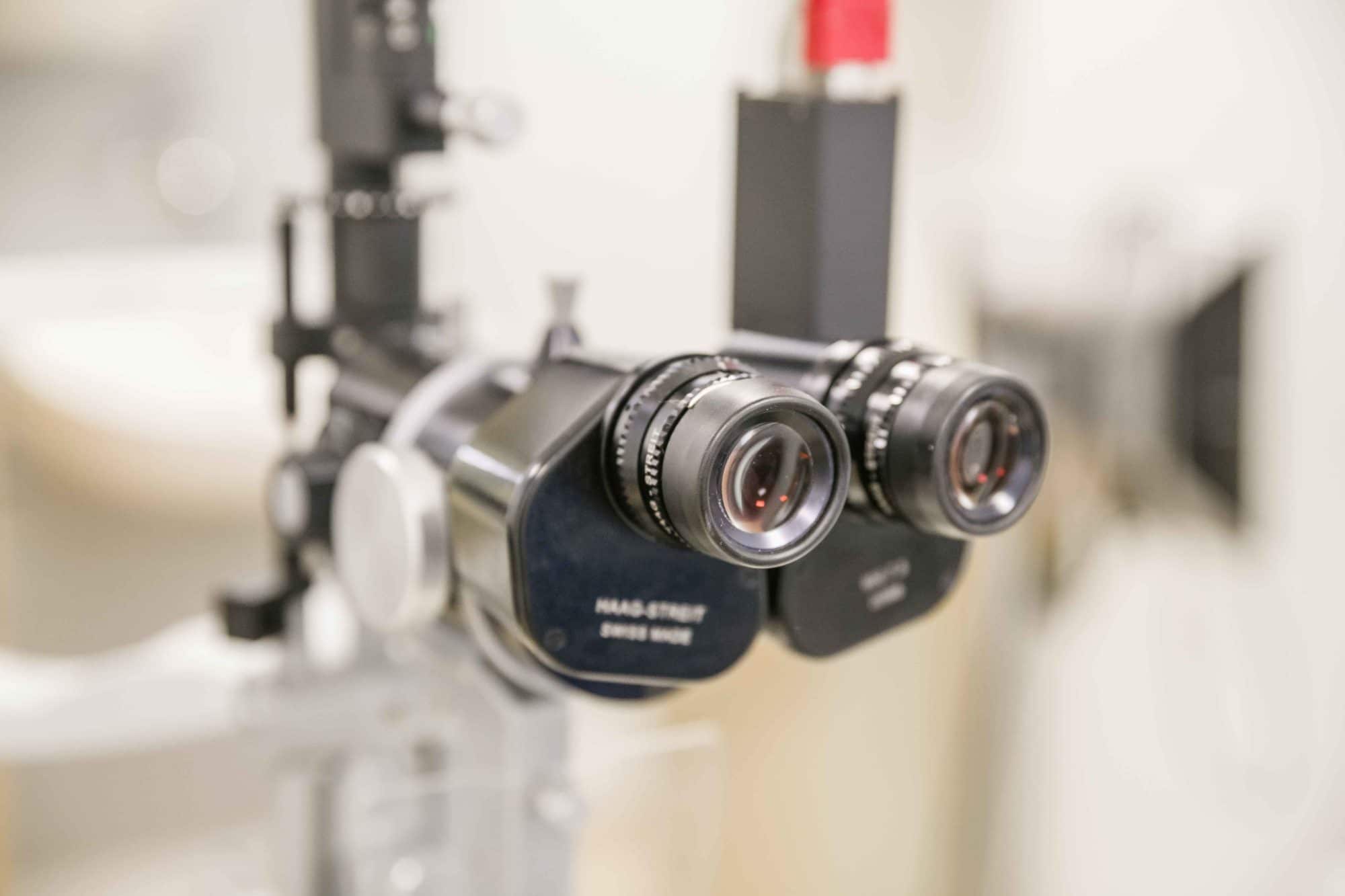Major innovation award
Retina UK invites expressions of interest to their first major innovation grant call, which will result in an award of up to £1million over five years as a strategic and targeted investment to result in transformative impact for therapy for inherited retinal dystrophy.

